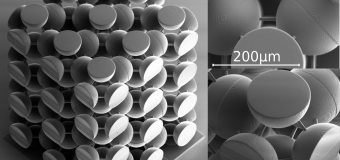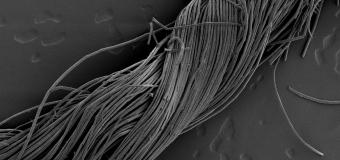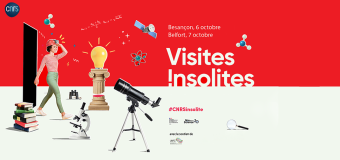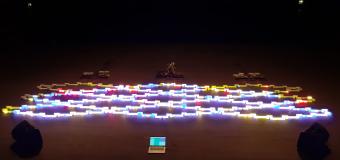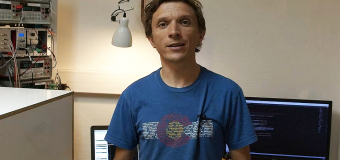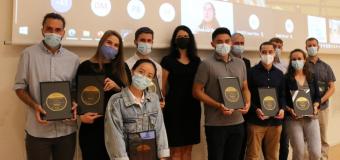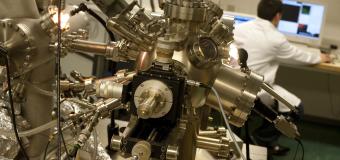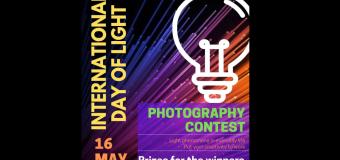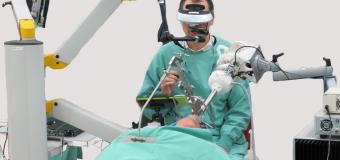FACS 2016 - The 13th International Conference on Formal Aspects of Component Software
The 13th edition of the international conference on "Formal Aspects of
Component Software" (FACS), organized by the DISC department, will take place in Besançon, from 19th to 21st october 2016.
Context
The component-based software development approach has emerged as a promising paradigm to cope with the complexity of present-day software systems by bringing sound engineering principles into software engineering. However, many challenging conceptual and technological issues still remain in component-/service-based software development theory and practice. Moreover, the advent of cloud computing, cyber-physical systems, and of the Internet of things has brought to the fore new dimensions, such as quality of service, reconfiguration and robustness to withstand inevitable faults, which require established concepts to be revisited and new ones to be developed in order to meet the opportunities offered by those architectures.
FACS 2016 is concerned with how formal methods can be used to make component-based and service-oriented software development succeed. Formal methods have provided a foundation for componentbased
software by successfully addressing challenging issues such as mathematical models for components, composition and adaptation, or rigorous approaches to verification, deployment, testing, and certification.
Click here for more information. (pdf, 774 Ko)
Topics
The conference seeks to address the applications of formal methods in all aspects of software components and services, with a particular focus on cyber-physical systems and the Internet of things. Specific topics include, but are not limited to:
- Formal models for software components and their interaction
- Model based and GUI based testing of components and services
- Models for QoS and other extra-functional properties (e.g., trust, compliance, security) of components and services
- Formal and rigorous approaches to software adaptation and self-adaptive systems
Important dates
Abstract submission deadline : June 24, 2016 Workshop proposal deadline : June 5, 2016
Paper submission deadline : July 1, 2016 Notification for workshops : June 19, 2016
Notification : August 24, 2016 Doctoral Track submission deadline : September 1, 2016
Final version due : September 7, 2016 Doctoral Track notification : September 9, 2016



